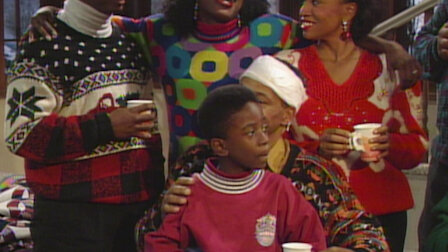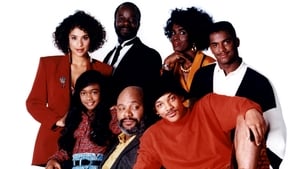
Phil’s determination to move away from his rural background results in confrontation, once a newspaper interview goes astray. The distinction between Phil and his parents’ attire, formal suits against casual clothing, reflects the extent in which Phil has gone to maintain an image of wealth and success. Phil’s rural upbringing includes skinny dipping with his pet pig Melvin and becoming a pig racing champion, which Phil has not disclosed to the public as it is a clear contradiction of his desired image. Phil’s mother Hattie deconstructs by referring to him as Zeke (his childhood name) and his rural North Carolinian upbringing. Phil presents himself as a successful lawyer with elegance and taste in terms of his clothing, mansion and other accessories. Yet Will’s joke has significance once Phil’s parents arrive. This leads to Will making a class-based joke about Phil’s chauffeur, which Phil denounces due to his contribution towards black working class people. Not with My Pig, You Don’t begins with Phil’s announcement that he will receive an Urban Spirit Award as recognition for helping “our brothers and sisters in the streets”. Not with My Pig, You Don’t – Class-based Vanity Phil and his Mother come into conflict over his embarrassment regarding their rural past. The episodes listed below reflect The Fresh Prince of Bel Air‘s sincere writing quality that is usually not associated with its reputation. As a sitcom centered upon a wealthy black family, it is inevitable The Fresh Prince of Bel Air would examine issues of race and class within society.



Although The Fresh Prince of Bel Air is best remembered for Will’s exploits, chasing girls and finding himself in various predicaments, there are episodes which deal with serious subject matter. The Fresh Prince of Bel Air (1990-96) centers on Will Smith, sent to live with his biological aunt’s family after struggling in his working class background. Race and Class in The Fresh Prince of Bel Air


 0 kommentar(er)
0 kommentar(er)
